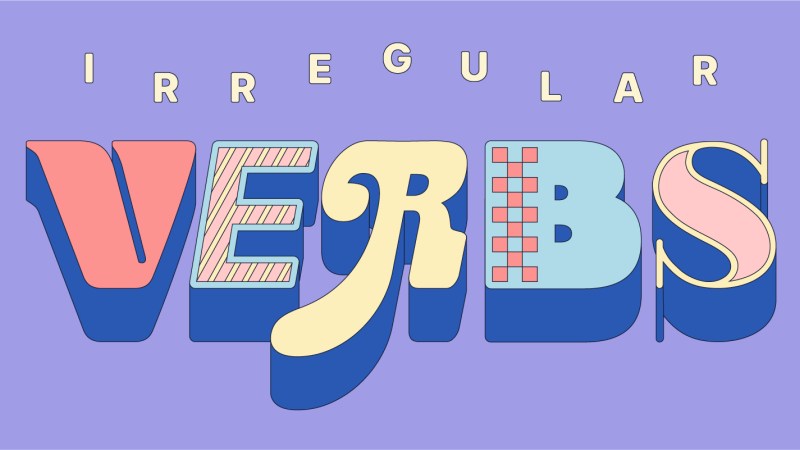
一般过去时的形式
| 肯定句 | I/You/ He/She/It/We/They worked. |
| 否定句 | I/You/ He/She/It/We/They didn’t work. |
| 疑问句 | Did I/you/ he/she/it/we/they work? |
| 简短回答 – Yes, | I/you/he/she/it/we/they dd. |
| 简短回答 – No, | I/you/he/she/it/we/they didn’t. |
一般过去时的动词拼写规则
| 不定词 | 过去式 | 拼写规则 |
| watch play | watched played | 常规动词后 加-ed |
| like arrive | liked arrived | 在-e结尾动词后加 -d |
| study try | studied tried | 在子音 + y 结尾的动词,去-y 加 -ied |
| stop rob | stopped robbed | 辅音 + 元音 + 辅音结尾的, 最后子音双拼 加 -ed |
| go | went | 非常规形式 |
一般过去时的使用
过去已完成的动作
我们用一般过去时来谈论过去发生的行动或事件。我们知道或会说出事件发生的时间。
I saw Mike yesterday. 我昨天见到迈克了。
We didn’t go out last Thursday. We stayed at home. 上周四我们没有出去。我们待在家里。
Tom moved to London two years ago. 汤姆两年前搬到了伦敦。
过去的习惯
我们用一般过去时来谈论过去的习惯(我们或多或少经常做的事情)。
Lily washed her hair every day. 莉莉每天都洗头发。
He worked as a teacher. 他是一名教师。
I often played in the garden when we were children. 我们小时候我经常在花园里玩。
过去真实的情况
我们也用一般过去时来谈论过去真实的事情。
My father had two sisters. 我父亲有两个姐妹。
She lived with my father as a child. 她小时候和我父亲住在一起。
按时间顺序排列的事件
我们用一般过去时来按时间顺序描述故事中的主要事件。
When I arrived home, I took off my shoes and then I relaxed on the sofa 当我到家时,我脱下鞋子,然后在沙发上放松
一般过去时的形式和用法 – 练习题



Comments